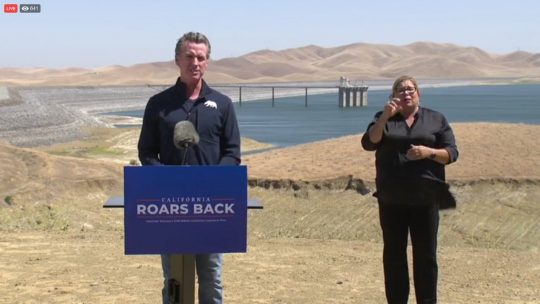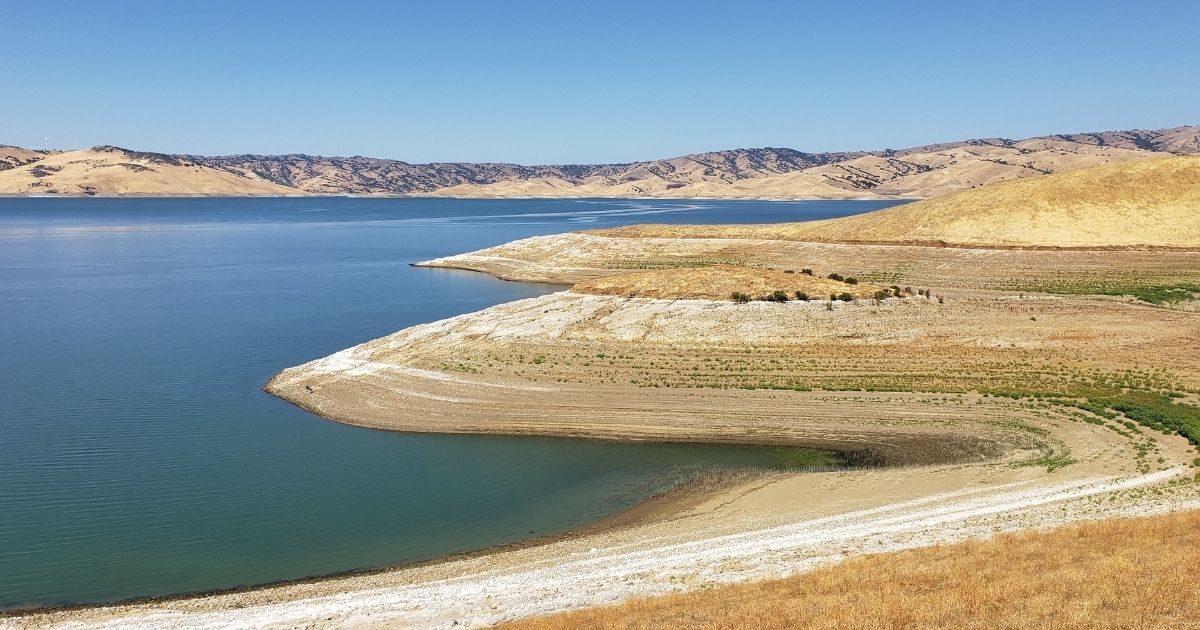California in Dire Need of Drought Reform

 By Redgie Collins, Legal and Policy Director, and Analise Rivero, Policy Associate
By Redgie Collins, Legal and Policy Director, and Analise Rivero, Policy Associate
The California legislature returned from summer recess on Monday with a lot of work left to do on water policy and emergency drought funding. This comes at a time when we have drier conditions than even at the height of our last drought and a wildfire season that is poised to be among the worst on record. Scientists say that climate change, in the form of warming temperatures and shifts in precipitation, is making the situation worse. According to a substantial report released last week by the Intergovernmental Panel on Climate Change (IPCC), the impacts of climate change are already severe and widespread. Researchers are observing changes in the Earth’s climate in every region and across the whole climate system.
Despite these threats, our state has yet to produce a budget that will implement wildfire and/or drought relief packages. The majority of funds, when they do arrive, will be too late to address the drought in 2021. However, it is not too late to start making lasting changes and address the contentious issue of how best to regulate our Public Trust water resources. We greatly need scientifically-strong and politically-sound management modifications. The system we have is in dire need of reform.

Standing on dry land that would in a normal year be covered by the waters of the San Luis Reservoir, California Gov. Gavin Newsom extended his drought declaration to most counties on May 10, 2021. (Image from courthousenews.com)
In more ways than one, California is not prepared for drought, especially when it comes to policy and state-led resource management. And among the conservation community, a coherent message is lacking when it comes to what we do during a drought. Unless we take advantage of the situation and prepare for the current and future water crisis, California will continue to see the same destructive pattern. It is imperative that we overhaul our state’s water policy.
It’s time to change the narrative. The less we view California’s drought conditions as an emergency situation and more as part of a normal cyclical pattern, the better we can achieve successful policy plans that support sustainability. We need drought reform that takes a serious and aggressive look at protecting our water resources for public consumption and to preserve the future of California’s increasingly fragile ecosystems for the enjoyment of all Californians.
Now more than ever, CalTrout remains committed to advancing our critical conservation work and environmental advocacy efforts. Our organization has more than 60 active projects across the state and boots in the halls of Sacramento, working to ensure healthy waters and resilient wild fish. For instance, CalTrout’s legislative team is currently pushing for State Water Board funding to form a dedicated Drought Section that will support real-time management and processing regulatory approvals to drought response. California is the only Western State to not have a permanent drought unit. The Salmon and Steelhead Coalition (CalTrout, Trout Unlimited, and The Nature Conservancy) have urged the legislature to fund this program permanently and to a functional level. Read more about CalTrout’s legislative work to protect and conserve California’s resources and fish during a drought year.
The examples of our work show that we CAN have win-win-win solutions for fish, water, and people if we continue to prioritize the environmental needs of our state.
For a broader look at CalTrout’s legislative work for 2021, check out the video below.





